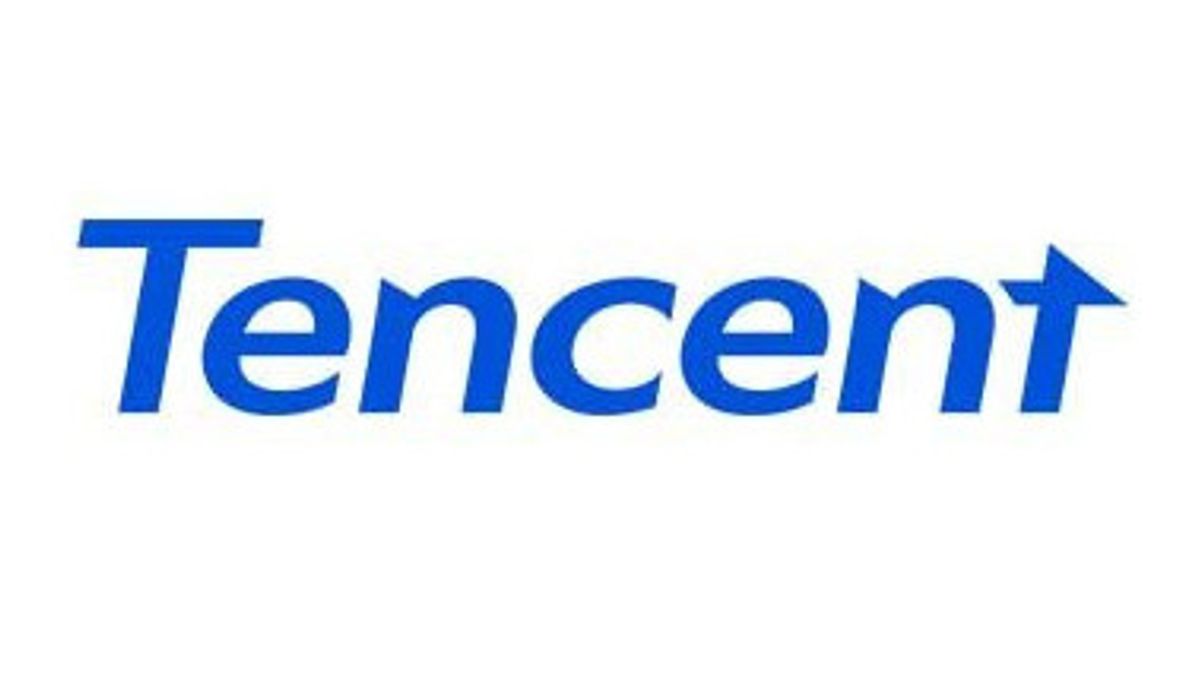JAKARTA - On Friday, December 22, Chinese regulators announced a series of rules aimed at limiting spending and rewards driving video games. This dealt a blow to the world's largest game market that is growing again this year.
The new rules, which will effectively set spending limits for online gaming, trigger panic among investors, removing nearly 80 billion US dollars (Rp1,237.3 trillion) from the market value of China's two largest gaming companies, as investors try to assess its potential impact on revenue and further restrictions.
Online games will now be banned from rewarding players if they come in every day, if they spend money on the game for the first time, or if they spend a few times in a row. All of that is a common incentive mechanism in online games.
Tencent Holdings shares, the world's largest gaming company, fell as much as 16% at one point, while its closest competitor NetEase fell 25% after the National Press Administration and Publication announced the new rules.
Shares of Prosus technology investors followed Tencent's decline, losing 14.2% in early trading on Friday and becoming one of the largest downers in the Pan-Europe stock index. The Prosus owns 26% of Tencent's shares.
"Not necessarily the regulations - but the risk of policy is too high," said Steven Leung, executive director of institutional sales at the UOB Kay Hian broker in Hong Kong. "People think this kind of risk should be over and start seeing fundamentals again. This is very damaging to trust."
When asked about the impact of draft rules, Tencent Games Vice President Vigo Zhang said that Tencent does not need to change its "business model or operations fundamentally" for games, adding that the company has strictly implemented regulatory requirements.
Zhang added that since 2021, children have spent money and time historically low on Tencent games, when protection against children became a focus for Beijing.
While NetEase declined to comment.
Beijing has been getting tougher on video games for years. In 2021, China set a tight playing time limit for under 18 years of age and suspended approval for a new game for about eight months, citing fears of stunting in play.
Although this implementation officially ended last year with the continued approval of the new game, regulators continue to impose restrictions on controlling spending "in the game".
The new rules announced on Friday are the most explicit aimed at limiting expenses in the game. In addition to banning reward features, games are also required to set a limit on how many players can add their digital wallet balances for in-game expenses.
"The removal of these incentives is likely to reduce daily active users and application revenues, and could ultimately force publishers to fundamentally change their game design and monetization strategy," said Ivan Su, an analyst at Morningstar.
The game is also prohibited from offering probability-based lucky lottery features to minors and involves speculation and auction of virtual game items.
SEE ALSO:
However, the new rules include proposals that are expected to be welcomed by the industry, namely requiring regulators to process game approval within 60 days.
Meanwhile, Chinese regulators also announced on the same day permission for 40 new imported games for a domestic release, which Beijing considers a signal of Beijing's willingness to allow more games in the country, despite draft rules on game spending.
The new rules also reflect Beijing's concerns about user data, requiring game publishers to store their servers within China.
The administration submitted public comments on the rule until January 22, 2024.
As a result of Beijing's tightening of games in 2021, 2022 will be the most difficult year for the Chinese game industry in history, as total revenue shrinks for the first time.
China's video game market is growing again this year with domestic revenue rising 13% to 303 billion yuan, according to the CGIGC Industry Association.
This harsh draft rule also casts a shadow on gaming stocks globally. US game stocks such as Roblox, Electronic Arts, and Unity Software fell between 1.7% and 3.1% on Friday, while in Europe, French video game developer Ubisoft, fell more than 3%
The English, Chinese, Japanese, Arabic, and French versions are automatically generated by the AI. So there may still be inaccuracies in translating, please always see Indonesian as our main language. (system supported by DigitalSiber.id)














